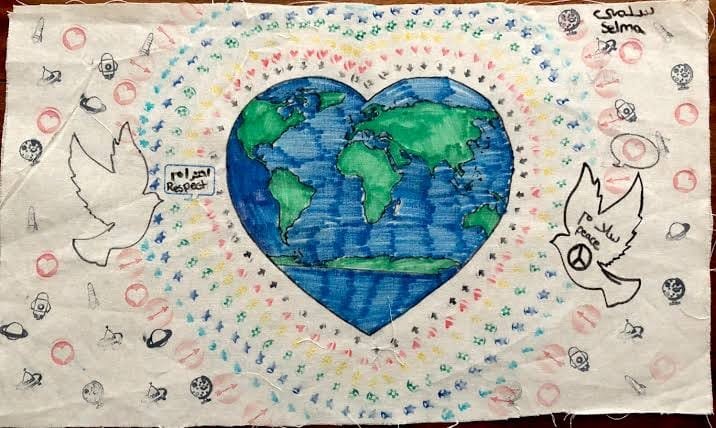Chandigarh, April 15: — In a world often governed by injustice, inequality, and unpredictability, the human mind faces constant tests of patience and understanding. Social divisions, economic disparities, and political hostilities create a climate where tolerance—once a shared moral value—has become a radical act of resilience.
Yet, tolerance is not passive endurance. It is a conscious decision to remain calm and compassionate in the face of contradiction. As philosopher Viktor Frankl, a Holocaust survivor, once noted, “Everything can be taken from a man but one thing: the last of the human freedoms—to choose one’s attitude.” In unfair circumstances, the mind can either react with bitterness or respond with grace.
Psychologists define tolerance not as agreement but as acceptance—allowing space for differing beliefs, behaviors, and circumstances without internalizing hatred or anxiety. “Tolerance is not giving up your values,” says Dr. Niyati Kapoor, a clinical psychologist based in Delhi. “It’s about creating enough mental distance between you and the injustice so that your response is intentional, not impulsive.”
The first step in practicing tolerance is recognizing our own emotional thresholds. Injustice provokes anger, but unchecked anger corrodes mental clarity. Mindfulness practices such as meditation, breathing exercises, and even journaling can help regulate emotional reactivity. According to neuroscientists, such techniques strengthen the prefrontal cortex—the brain region responsible for empathy and decision-making—making individuals more equipped to face adversity without emotional exhaustion.
Importantly, tolerance must not become indifference. It is not about ignoring wrongs but understanding their roots. Practicing tolerance means listening more deeply, questioning biases, and acknowledging the pain of others without rushing to judgment. “It’s hard to be tolerant if you dehumanize those you disagree with,” notes Professor Aarav Menon, a sociologist at Ashoka University. “Humanizing conflict is the only way to transcend it.”
In a society dominated by algorithms that amplify outrage, choosing tolerance becomes a quiet rebellion. Social media rewards aggression, not dialogue. As a result, polarization grows while compassion withers. To counter this, individuals must build intentional spaces—online and offline—where diverse perspectives can coexist without hostility.
Children offer perhaps the clearest path forward. Studies show that early exposure to different cultures, languages, and ideologies fosters cognitive empathy and emotional regulation. Educational systems must prioritize not just academic excellence but emotional intelligence. Teaching children to disagree respectfully may be the most powerful act of justice a society can undertake.
Finally, spiritual traditions across the world converge on the idea that tolerance is strength, not weakness. Whether it’s Sikhism’s principle of sarbat da bhala (welfare of all), the Christian call to love thy neighbor, or Buddhism’s emphasis on equanimity, the core message is consistent: peace begins within the mind.
In an unjust world, tolerance may not change every system, but it transforms the individual. And from individuals rise movements, revolutions, and hope. Practicing tolerance, then, is not just about surviving unfairness—it’s about planting the seeds for a more just and humane future.

